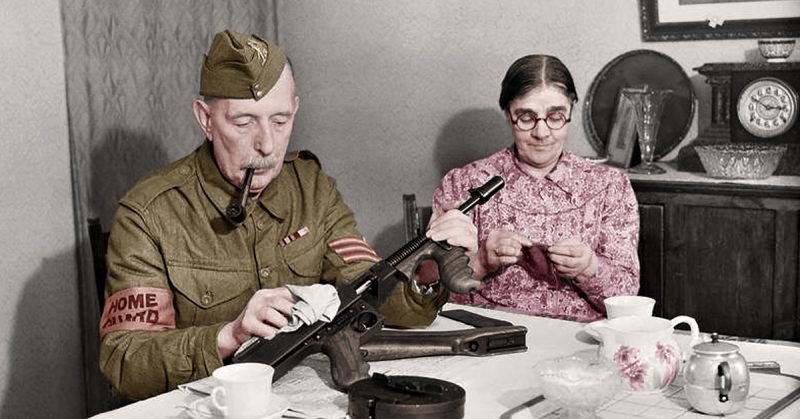It’s hard to imagine that Great Britain was woefully ill-prepared for World War II, considering the lessons it learned from the Great War, 1914 – 1918. But unfortunately stubbornness can outweigh experience, and a closer look from a modern perspective reveals several reasons for Britain’s reluctance to face another conflict.
The First World War had been horrifically expensive for Britain, not just economically, but in terms of human life. The public’s memory was fresh: thousands of young men had died, many buildings were destroyed, food was scarce, and other problems were wrought by the war.
Prime Minister Neville Chamberlain was not being cowardly in opposing another conflict. In fact, his stance was reflective of public opinion. It seemed that no one, except Winston Churchill, thought Hitler capable of starting another war.
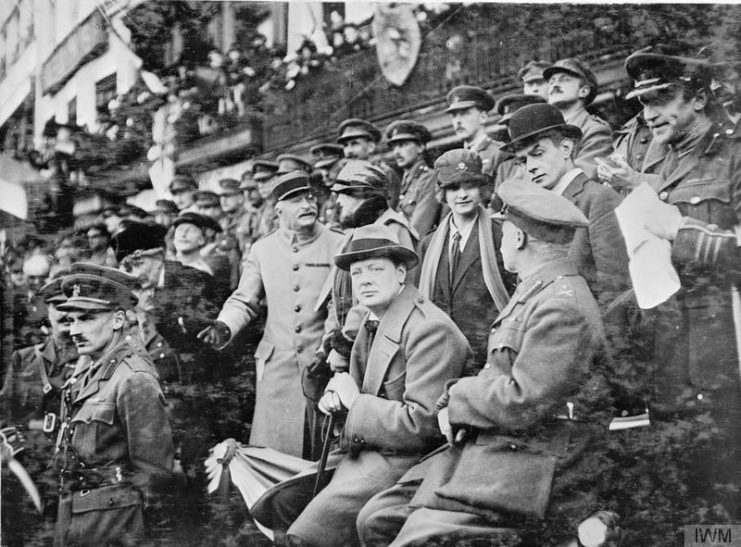
So Chamberlain and his colleagues repeatedly took the path of least resistance, choosing not to argue with Hitler. In the 1938 Munich Agreement, the English conceded it would not interfere when the Nazis annexed a substantial portion of Czechoslovakia. This kind of action – or inaction – emboldened Hitler, and only a year later he invaded Poland.
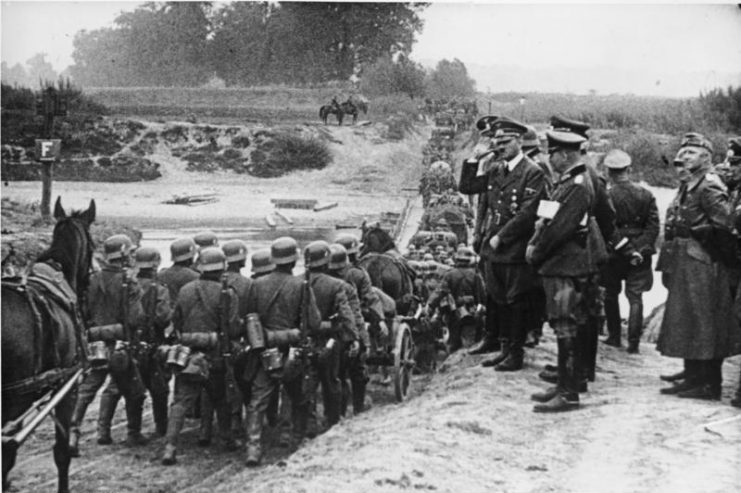
Bureaucratic mentalities, combined with wishful thinking, made Great Britain completely unprepared for war. The Great War, followed by the Great Depression, had crippled the country’s economy. The government was in no financial position to re-arm the military, even if it had the appetite to do so.
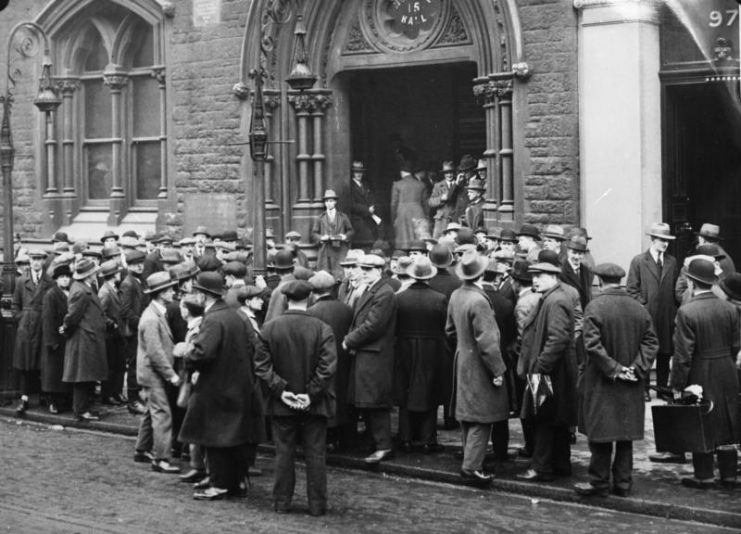
And while Churchill was aware of Hitler’s ominous moves and continuously warned the government, he had implemented the “10-Year Rule” when he was Chancellor of the Exchequer. This policy, which was put into effect in 1919, stipulated that the country would not engage in another war for at least ten years. In 1928, Churchill was successful in getting the rule to be self-perpetuating, so that it was in force until specifically countermanded.
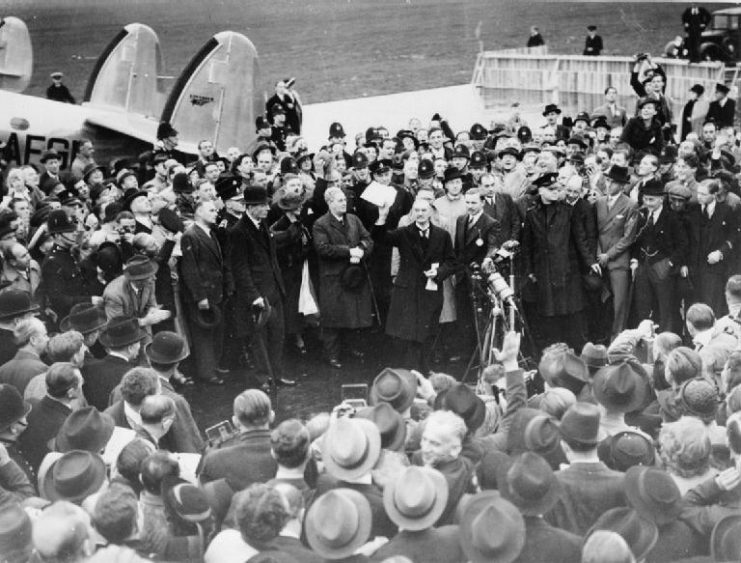
The Royal Air Force (RAF) added to the country’s problems. It had been in existence for only one generation, but already its strategies and tactics were thoroughly entrenched. Officials believed that “blanket bombing” was the best approach, and that victory could be achieved by doing so.
Even when shown photographs that proved such a method wasn’t working, the RAF resisted change. It would be several years into the war before their thinking began to evolve.
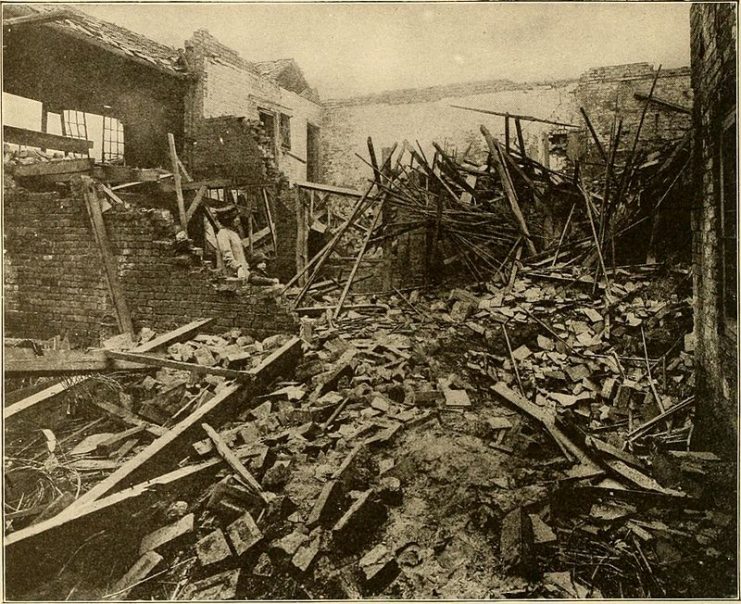
Great Britain’s intelligence gathering systems had also suffered significantly after WWI. The department was underfunded and under-staffed. Few officials believed what little material the department did gather. Field Marshal Haig had said that there was little need for intelligence gathering after WWI, so the department was left to wither.
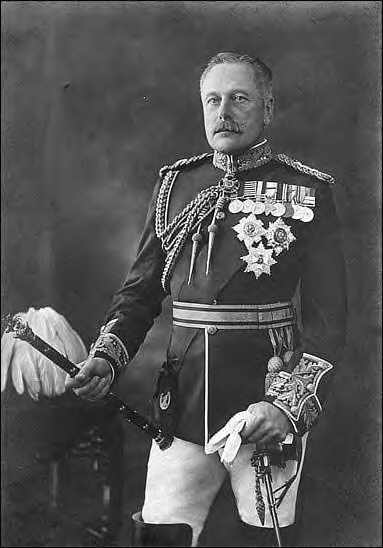
There was politicking and in-fighting. The Foreign Office, War Office, Admiralty, and Air Ministry each gathered their own material separately with the result that they either duplicated one another or ignored certain areas completely.
They did not share their work, and it was not until the demands of war were upon them that government officials realized a central intelligence department was crucial to the war effort.
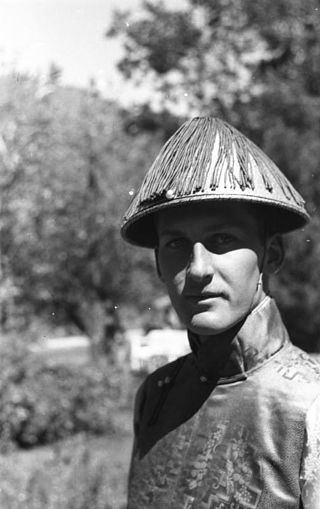
Finally, the military ranking system must share some of the responsibility for why Britain was not ready to fight. It was a rigid system, and good, capable men were often overlooked for promotions. The “right background” was considered essential in certain fields, which meant that some positions went unfilled and certain specialties did not have enough men.
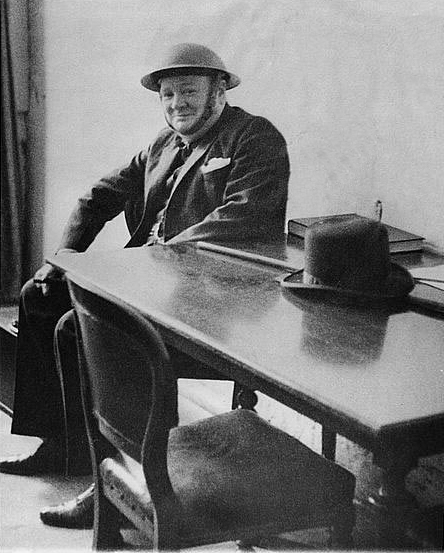
Read another story from us: Unprepared for WAR – Why the Allies’ Heads Were in the Sand
Still, Great Britain ultimately did rally. The public got behind the cause and agreed another war was not only inevitable but necessary. They agreed Hitler was not going to be coaxed out of aggression by diplomacy.
From a position of hindsight, it is easy to criticize the country’s reluctance to fight such an odious man as Hitler. But when history is taken into account, it is understandable why it took Britain time to ready itself for another war.
